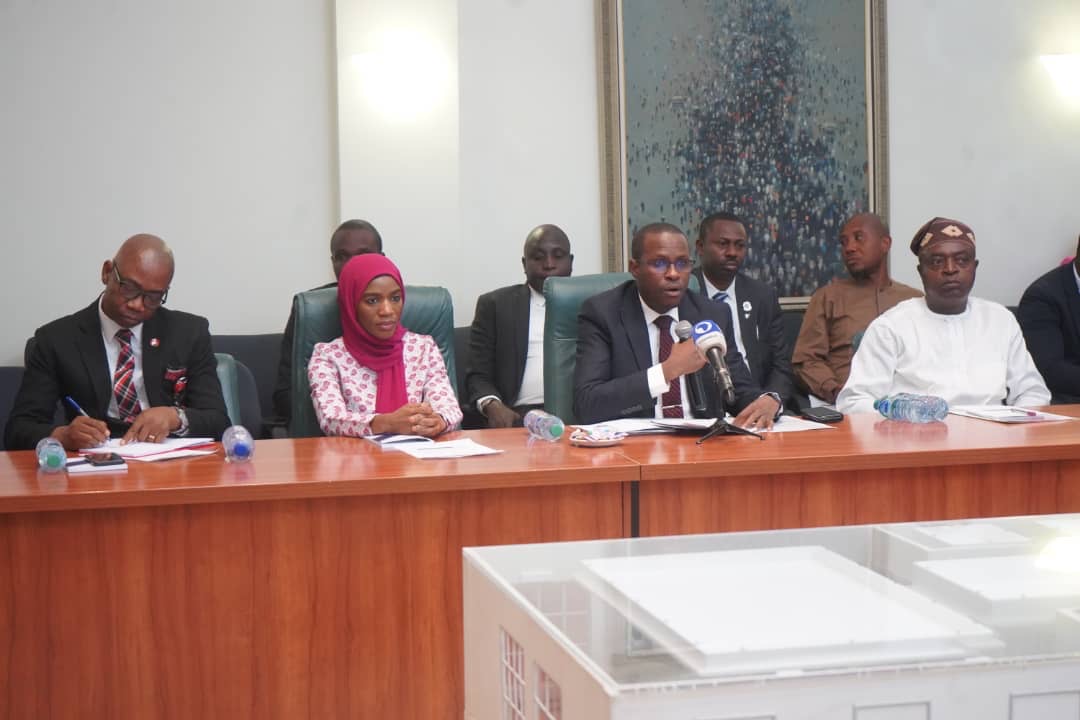The Chairman of the Independent Corrupt Practices and Other Related Offences Commission (ICPC), Dr Musa Adamu Aliyu, SAN, has charged Civil Society Organizations (CSOs) to see themselves as standard bearers, while undertaking their responsibilities with sincerity and passion.
Dr Aliyu made this call on Tuesday in his presentation on Civil Society’s Monitoring Mechanism for Nigeria’s implementation of the United Nations Convention Against Corruption (UNCAC) that took place in Abuja.
The ICPC boss stated that the event, which was organised by the Centre for Fiscal Transparency and Integrity Watch (CeFTIW), offered a unique opportunity to bring anti-corruption stakeholders together to make concrete positive change.
According to Dr Aliyu, the monitoring mechanism being presented was “a testament to a collective resolve to forge a future where integrity and accountability are not mere ideals, but the foundation of our governance at all levels”.
He added that the initiative embodied “shared commitment to oversight, evaluation and participation, serving as a compass guiding efforts to eradicate the scourge of corruption that has hindered national progress”.
He went further to commend the effort of CeFTIW towards the development of the monitoring mechanisms, stating that these strategies will serve as a source of citizen empowerment and validate the demand for the highest standard of accountability from those who serve in public office.
Dr. Aliyu thanked all CSOs for believing in a corruption-free country and urged them to see the monitoring mechanisms as “the energy that propels us towards a Nigeria defined by virtues of honesty, fairness and relentless commitment to doing what is right”.
While presenting the monitoring mechanisms, the Executive Director of CeFTIW, Umar Yakubu, outlined the importance of UNCAC in the development of the monitoring mechanisms.
He stressed that the focus of CSOs should not be to antagonise government but rather find common ground to effectively combat corruption.
Mr. Yakubu encouraged stakeholders and the media to develop a positive attitude towards publicising successes in the war on corruption.
He explained that the initiative hoped to measure the impact of several advocacy tools in order to optimally channel resources in the fight against corruption, as well as recommend steps for drastic improvement.
The Executive Director of CeFTIW said Nigeria has been guilty too often of throwing money at issues, rather than critically analysing before proffering sustainable solutions.
He however commended ICPC for its lead role in combatting corruption especially in the public sector.

